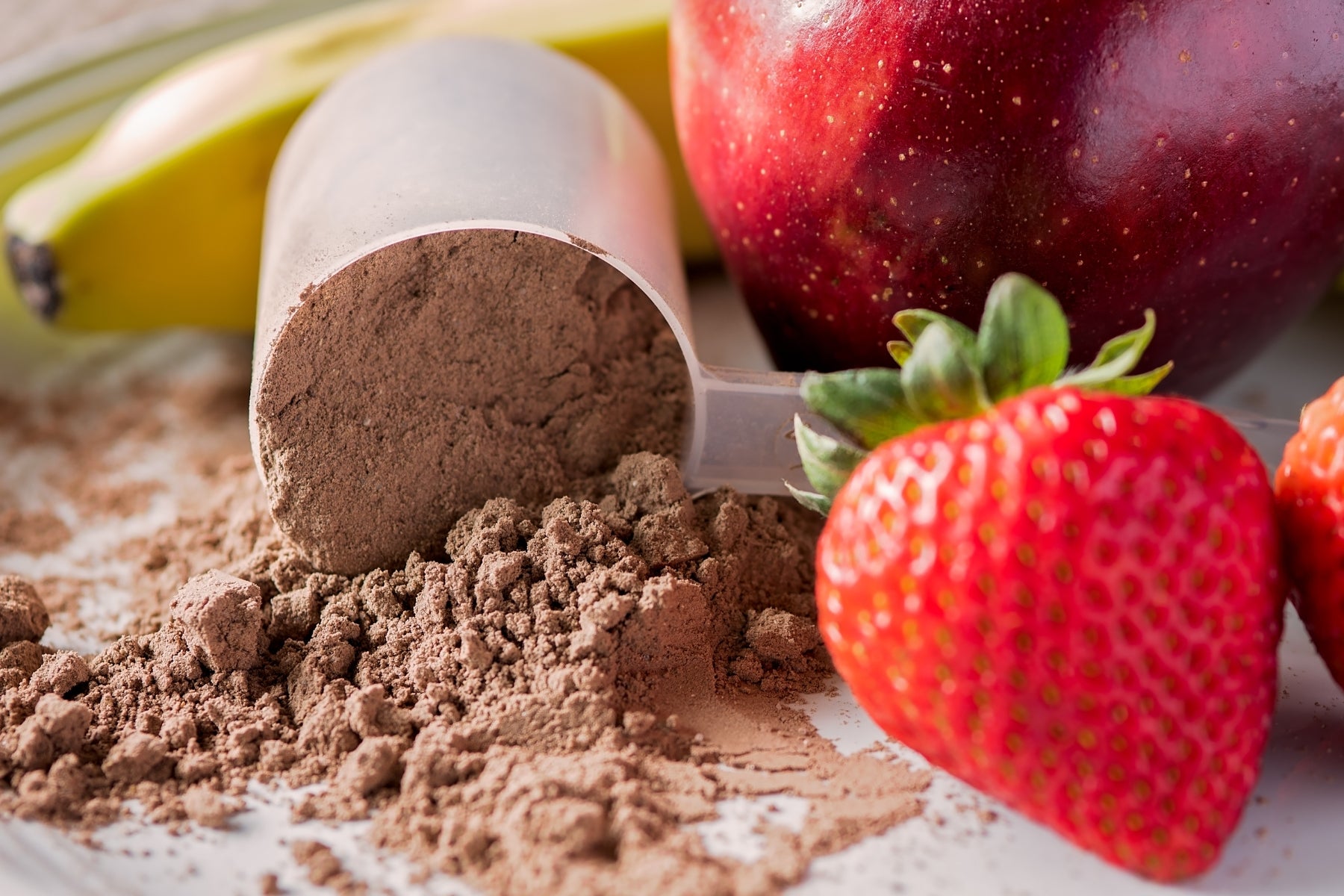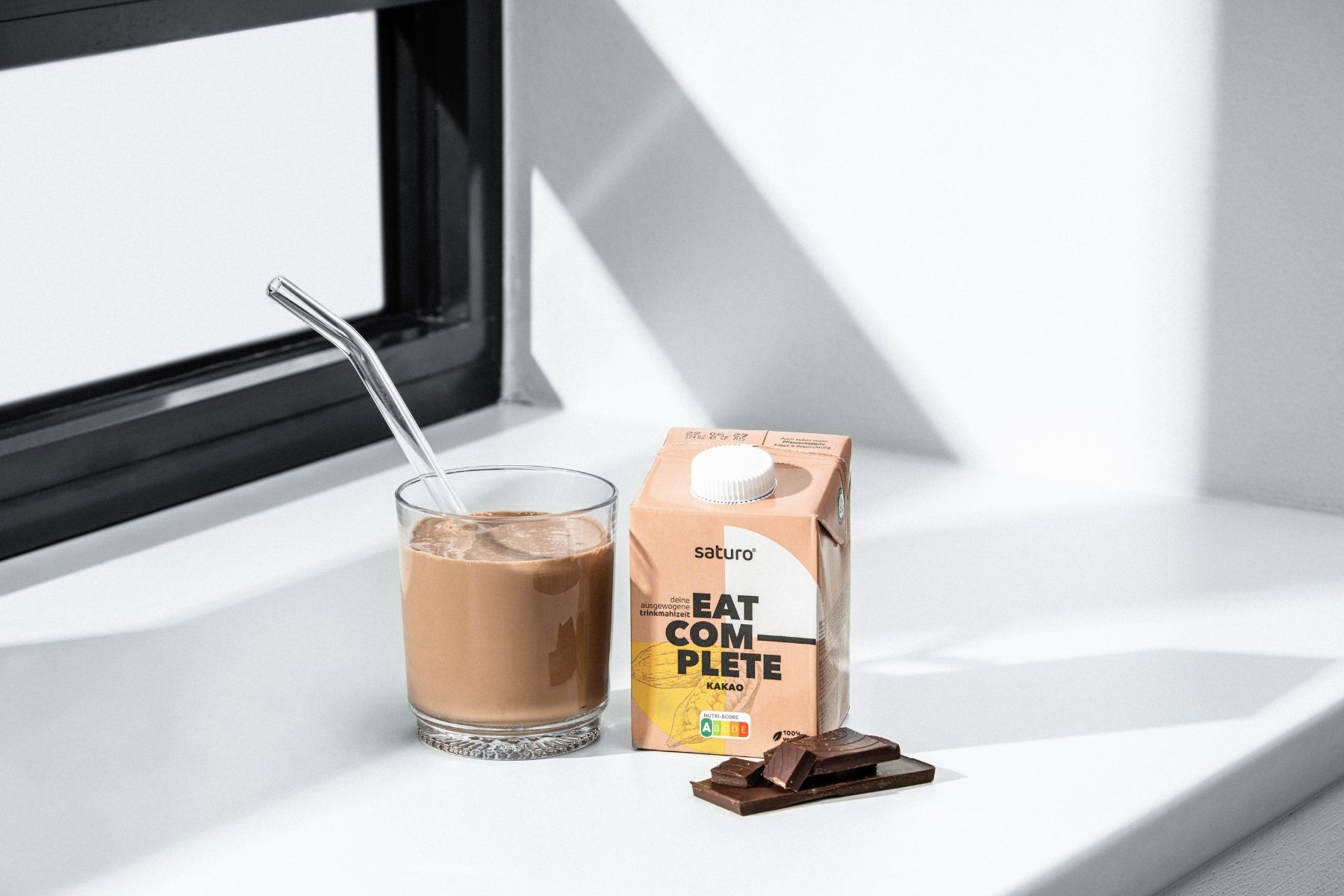Contents
1
Der unbesungene Held des Körpers
2
Die zwei Verteidigungsarme: Angeborene und adaptive Immunität
Angeborene Immunität: Die erste Verteidigungslinie
Adaptive Immunität: Die Spezialeinheit
3
Das Immunsystem in Aktion: Schritt für Schritt
Eindringen des Erregers
Angeborene Immunantwort
Adaptive Immunantwort
Immungedächtnis
4
Dein Immunsystem stärken: Lebensstil und mehr
5
Wenn das Immunsystem entgleist: Autoimmunerkrankungen und Allergien
6
Die Zukunft der Immunsystemforschung: Neue Grenzen
7
Fazit: Wissen ist Macht
Contents
1
Der unbesungene Held des Körpers
2
Die zwei Verteidigungsarme: Angeborene und adaptive Immunität
Angeborene Immunität: Die erste Verteidigungslinie
Adaptive Immunität: Die Spezialeinheit
3
Das Immunsystem in Aktion: Schritt für Schritt
Eindringen des Erregers
Angeborene Immunantwort
Adaptive Immunantwort
Immungedächtnis
4
Dein Immunsystem stärken: Lebensstil und mehr
5
Wenn das Immunsystem entgleist: Autoimmunerkrankungen und Allergien
6
Die Zukunft der Immunsystemforschung: Neue Grenzen
7
Fazit: Wissen ist Macht




